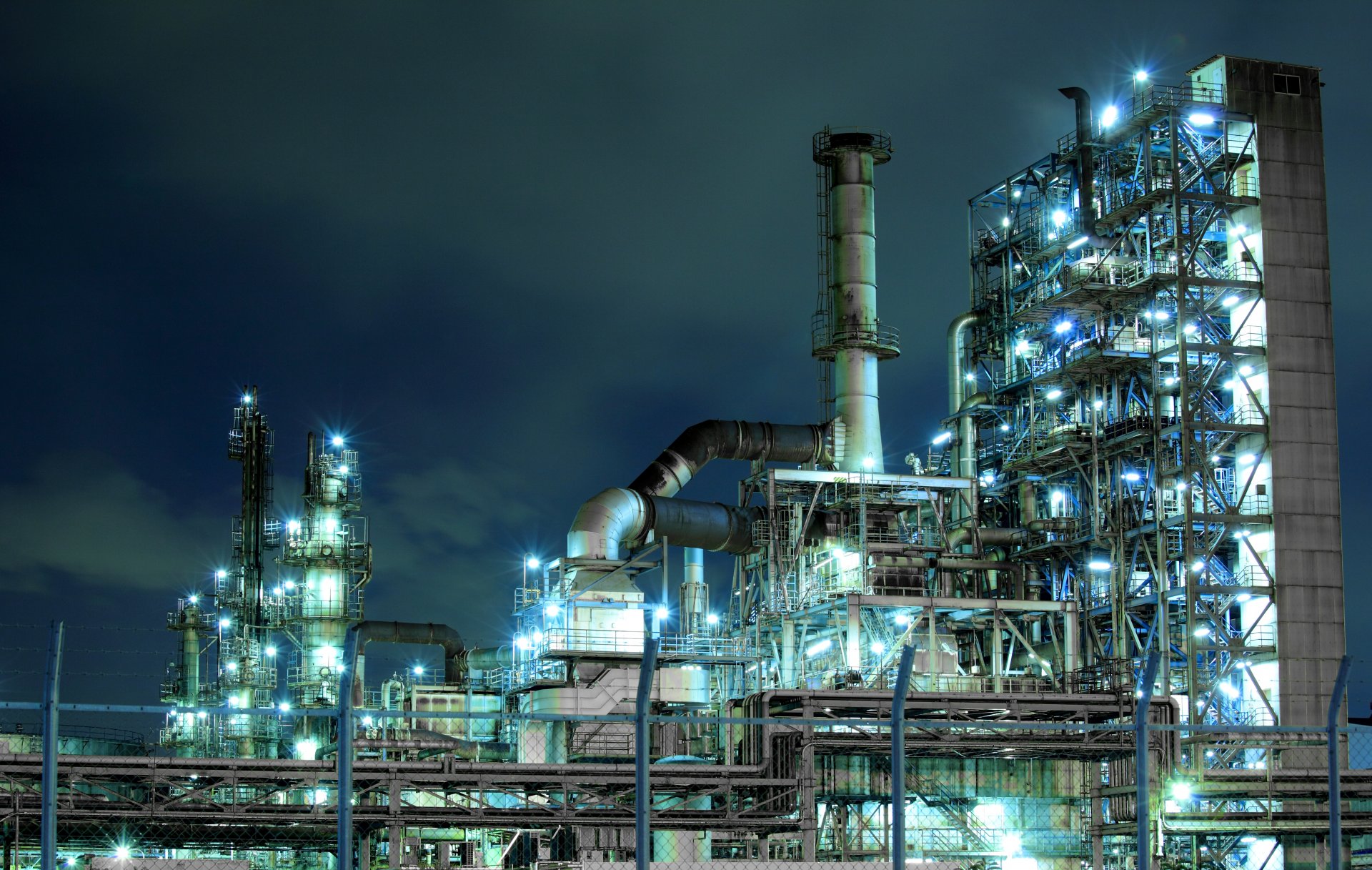
Chemical industry
The chemical sector is one of the most important branches of industry in Europe. Though the Czech Republic accounts for only approx. 2% of the EU’s chemical production (NACE 20), chemicals play a key role in the Czech economy. In terms of sales, the integrated chemical industry is the second-largest industrial sector in the Czech Republic after the automotive industry. The Czech chemical industry’s products include inorganic and organic chemicals, fertilisers, basic petrochemicals, primary-form plastics, synthetic resins, synthetic rubber, paints, dyestuffs and pigments, agrochemicals, pharmaceuticals and cosmetics, soaps and detergents, chemical fibres and explosives.
The main chemical clusters are in northwest Bohemia, north Moravia and central Bohemia incl. Prague, but plants can be found throughout the country. Several Czech chemical plants (Deza in Valašské Meziříčí, Lovochemie in Lovosice, Precheza in Přerov, Synthesia in Pardubice) are owned by Agrofert, a domestic holding company focused mainly on fertiliser production, though foreign investors also play a significant role in the local chemical industry. The Orlen Group is engaged in oil refining, and has its own filling-station chain in the Czech market and is the majority owner of two other production complexes in Litvínov and Kralupy nad Vltavou (petrochemicals and refinery products) and Spolana in Neratovice (polymers and fertilisers). The Polish firm also owns another major plant near Prague, Synthos in Kralupy nad Vltavou (synthetic rubber).
Traditional Czech companies play an important role in the country’s chemical industry. For example, Spolchemie in Ústí nad Labem produces resins. Fosfa in Břeclav is the largest processor of yellow phosphorus in Europe. Another Czech company, Draslovka, is focused on production of cyanide-based chemical specialties. The Chinese company Wanhua manufactures base chemicals at its plant in Borsodchem plant in Ostrava, while Synthomer engages in acrylic acid production in Sokolov, and Synthon produces active pharmaceutical ingredients in Blansko.
There are numerous examples of successful foreign investments in Czech chemical industrial parks, such as those of Cayman Pharma (API production) in the Spolana complex, Eurosupport Manufacturing (catalyser production), Air Products in the Unipetrol Litvínov complex, Dukol (adhesives production) at the Borsodchem facility and Central Glass (electrolyte production) in the Synthesia complex in Pardubice.
There are several main challenges ahead for the chemical industry, such as decarbonisation, the rise of the battery business and digitalisation.
The Czech Republic has tremendous potential as a destination for investments in the chemical industry including battery production and its supply chain thanks to its infrastructure and workforce, as well as the space that it has available for such investments, especially brownfields. The industry is a crucial supplier of raw materials for a number of downstream domestic industries. It also ranks among the industrial sectors with the highest innovation potential.
|
Martin Dittrich |

